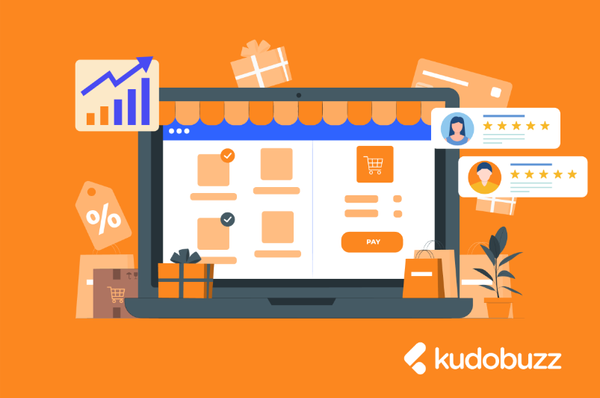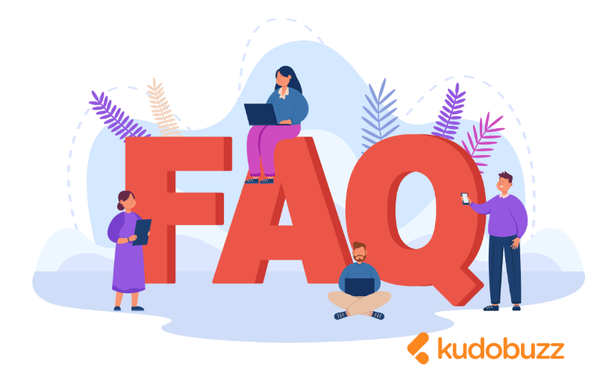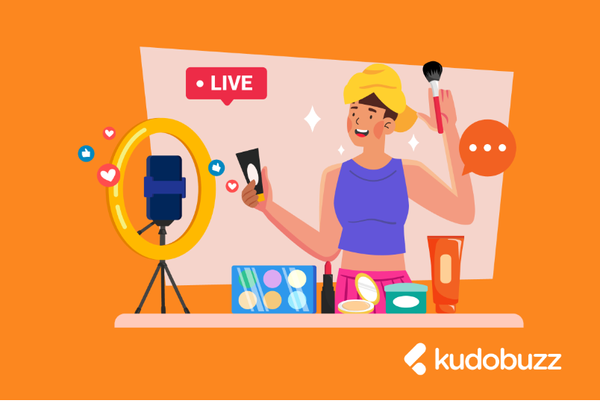In the world of online marketing and social media, one foundational truth remains: content is king. Despite videos quickly rising in popularity as the leading way to consume content, a great blog is still the key to connecting with your audience.
If you are considering starting a blog in 2022, there are some essential things to keep in mind. In this article, we will look at how you can create a blog, what to write about, and the benefits of blogging for your business.
Why Blog?
So why should someone invest time and energy into blogging? There are many benefits to creating content on the web.
- Blogging is a great way to position yourself as an expert in your industry.
- Blogging allows you the opportunity to build relationships with potential customers and clients.
- Blogs can help to drive traffic to your website or social media channels.
- Blogging is a great way to establish yourself as a thought leader in your field.
Is Blogging Still Successful?
With the rise of video-sharing apps such as TikTok and Instagram (and the content influencers now making millions on these platforms), it can be easy to think that blogs are no longer relevant.
But, as it turns out, blogging is still a powerful way to build an audience and share your message with the world.
Consider these stats from search engine experts at SEMRush:
- As of 2020, just over 31 million content producers were creating blogs consistently in the US alone.
- Of the almost 2 billion websites on the web, 500 million are primarily blogs.
- Almost 409 million users view and read 20 billion blog pages each month.
- The blogging and content marketing industry is expected to surpass $412 billion soon.
These numbers don't lie: blogging is still a powerful way to reach your audience.
How to Start a Blog in 2022
Now that you understand the basics of what makes a successful blog, it's time to learn how to start your own.
The process isn't complicated, but it does require some initial setup work. Here's a step-by-step guide:
Step 1: Choose a Platform
There are a few different options for starting a blog, but the two most popular platforms are WordPress, Wix, and Squarespace. These platforms vary in terms of features and cost, so it's essential to do your research before making a final decision.
The main draw of blogging platforms is that they handle domain hosting for you and often feature a drag-and-drop interface that allows you to build a website without any coding experience.
You can usually find step-by-step guides on the platform's blog page, as well as video tutorials and other resources that might help you along your blogging journey.
Step Two: Choose a Domain Name and Hosting
You can purchase domain names and hosting through many domain name providers. The most popular provider is GoDaddy, but there are many other options as well.
When choosing a domain name, it's essential to keep in mind that your blog address should be easy to remember and relevant to your topic. For example, if you're blogging about travel, you might want to choose a domain name like "travel-insider.com."
Hosting providers will give you various options when it comes to storage space and bandwidth. It's important to choose one that can accommodate your blog's expected growth.
To help boost your SEO (search engine optimization) ranking, it's also important to include keywords in your domain name and blog title.
Step Three: Install a Blogging Platform
Once you've chosen a platform and registered your domain name and hosting, the next step is to install the blogging software. This can usually be done by following the steps outlined on the provider's website.
The next step is to choose a theme. Themes are pre-made templates that can be customized with your own images and text; they give the blog its visual design and layout.
There's no right or wrong way to go about choosing a theme, but it's important to make sure you're comfortable using it before moving forward. But make sure that your theme is eye-catching and appealing and makes it easy for readers to find the information they're looking for.
Step Four: Customize and Enhance Your Blog with Plugins and Widgets
The last step is to customize your blog with widgets, plugins, and other features that you'll use frequently. There are a lot of options available when it comes to widgets and plugins - some are free, while others may charge a fee for use.
Here are some of the top plugins to consider integrating with your new blog website:
- Social media plugins that allow readers to share your content with ease
- SEO optimization plugins that help improve your blog's ranking on search engines
- Commenting plugins that make it easy for readers to leave feedback and start discussions
- Email subscription widgets that allow readers to subscribe to your blog via email
By taking the time to install these plugins and widgets, you'll be setting your blog up for success from the start.
Can I Make Money with a Blog?
Blogging can be an advantageous activity, and it's becoming more critical for those looking to stand out online. Many successful companies and individuals alike use blogs to increase their revenue passively.
Making money with a blog can happen in a variety of ways:
1. Affiliate Marketing: This is a process where you promote other people's products or services in exchange for a commission.
For example, if you have a blog about travel and you write a post about the best places to stay in Paris, you might include an affiliate link to a hotel booking website. If someone clicks on that link and then makes a purchase, you'll earn a commission from the sale.
2. Advertising: Advertisers will pay you to include their ads on your blog. The amount you earn will vary depending on the size and placement of the ad, as well as the traffic your blog receives.
Many bloggers use a service like Google Adsense to sell advertising space on their blogs. This service automatically places relevant ads on your blog based on the content you've written about.
3. Guest Posting: Guest posting is when you write a blog post for another website. In exchange, the website owner will often give you a link back to your own blog, which helps boost your SEO ranking.
Guest posting can be a great way to reach a new audience and build relationships with other bloggers in your niche.
What Makes a Successful Blog?
Building and consistently maintaining a successful blog takes time, effort, and dedication. But there are a few key ingredients that all successful blogs have in common:
Successful Blogs Have a Clear Purpose
Whatever your blogging goals are, it's important to know what you want from the beginning.
Do you simply want to make money? Or do you hope to build an audience and share your expertise on a certain topic?
Whatever the case may be, it's important to understand why you're blogging in the first place.
Successful Blogs Have a Consistent Theme
Blogs that have a central theme, message, or purpose stand out from others. Each blog post should be consistent with your overall brand and voice; this will build trust between readers and make it easier for them to connect with your content.
Successful Bloggers Are Passionate About Their Topic
If you're not passionate about your topic, it will be difficult to keep up the writing habit (and readers can tell when you're not excited about what you're saying). Choose a topic that interests you and that you can write about often without running out of ideas.
Successful Blogs Are Well-Researched and Informed
While you don't have to be an expert in your topic, it's important that readers know you've done your research.
Avoid making broad claims or sweeping statements without backing them up with facts and data. If readers feel like they're being talked down to, they'll be less likely to return.
Make Blogging Part of Your 2022 Marketing Strategy
Blogging is a great way to connect with your audience and share your thoughts, ideas, and insights with the world. It's also an important part of any successful marketing strategy.
If you're just starting out, take the time to learn all you can about blogging and the topic you will be writing about.
Successful blogging isn't something you can do half-heartedly; it takes time and effort to create great content consistently, so choose your niche carefully and stick with it!
Blogging can be a rewarding experience, and with a little effort, you can turn your blog into a successful business venture quickly!









